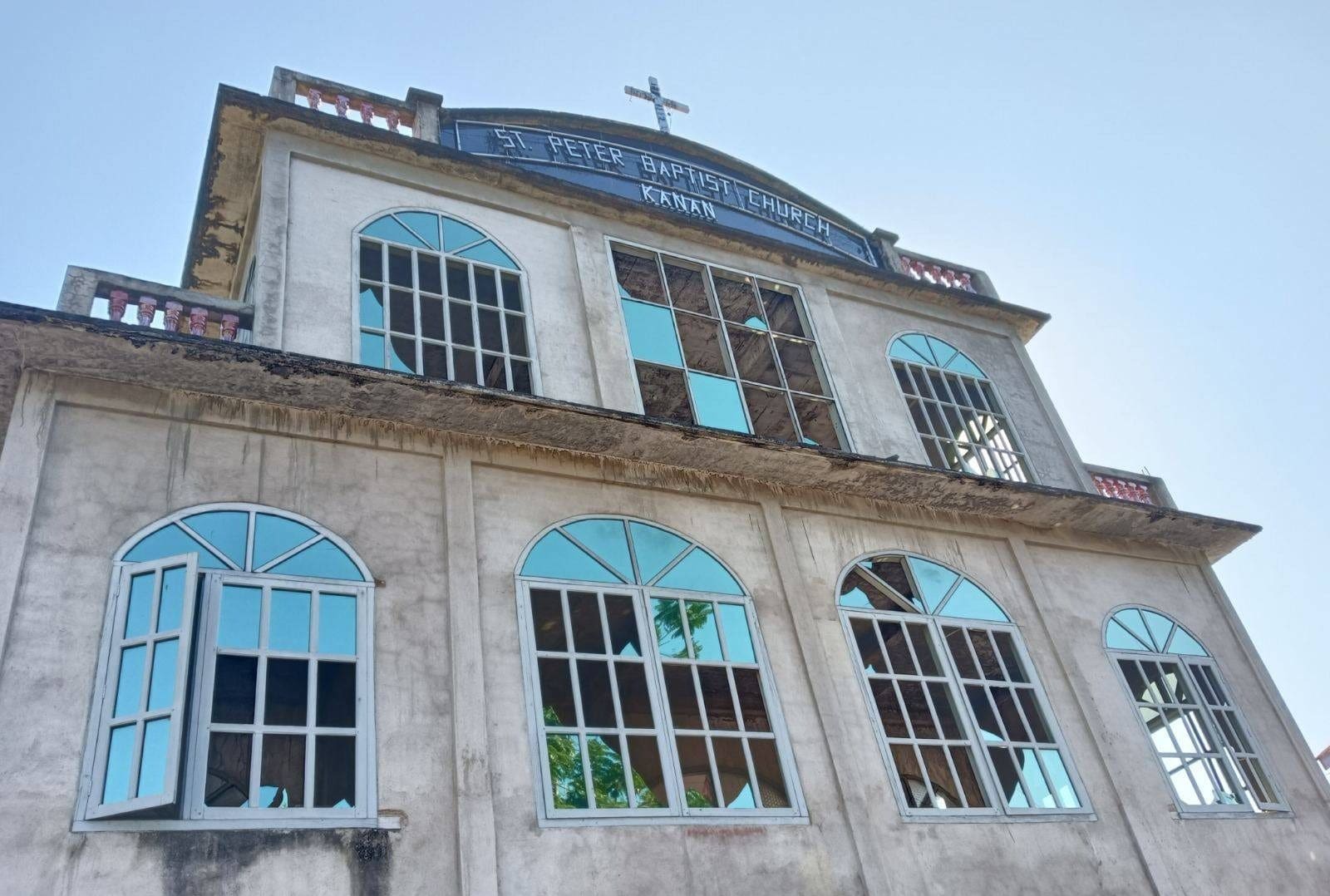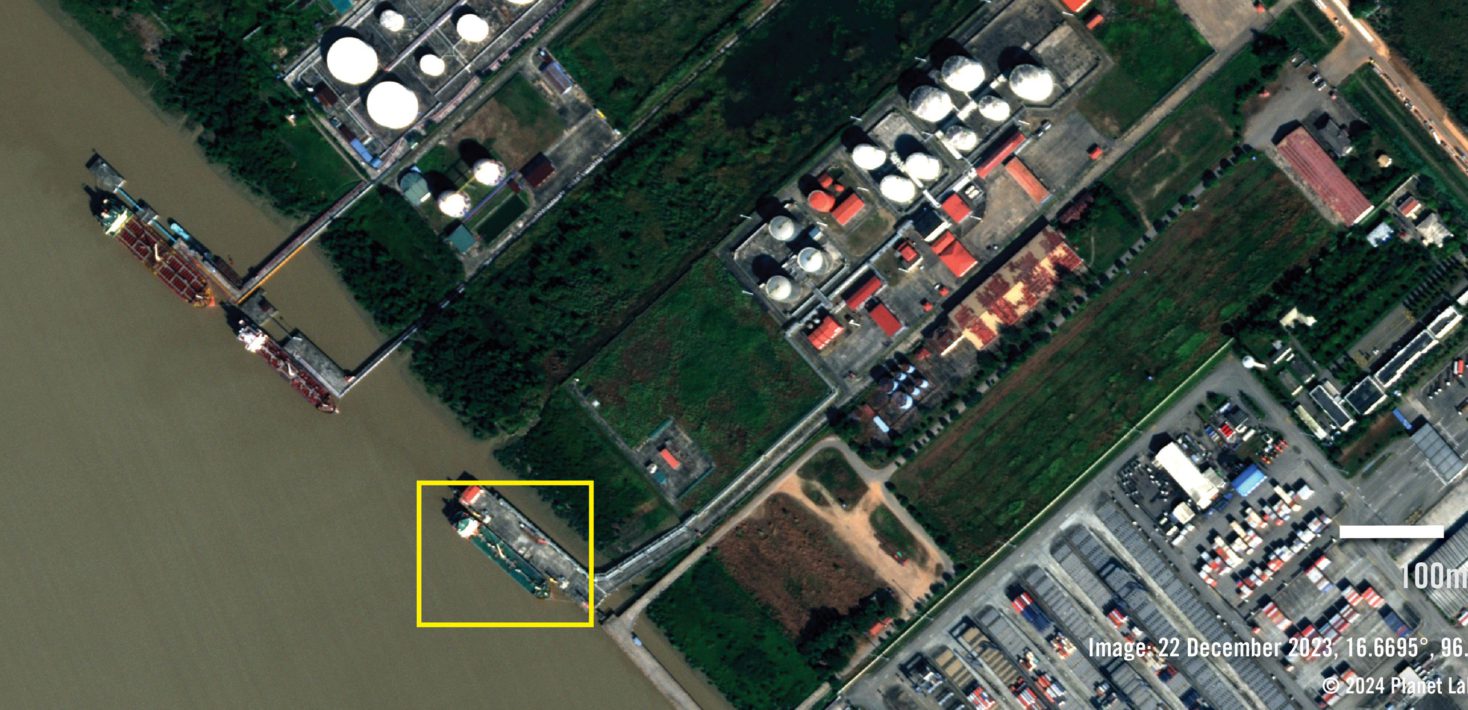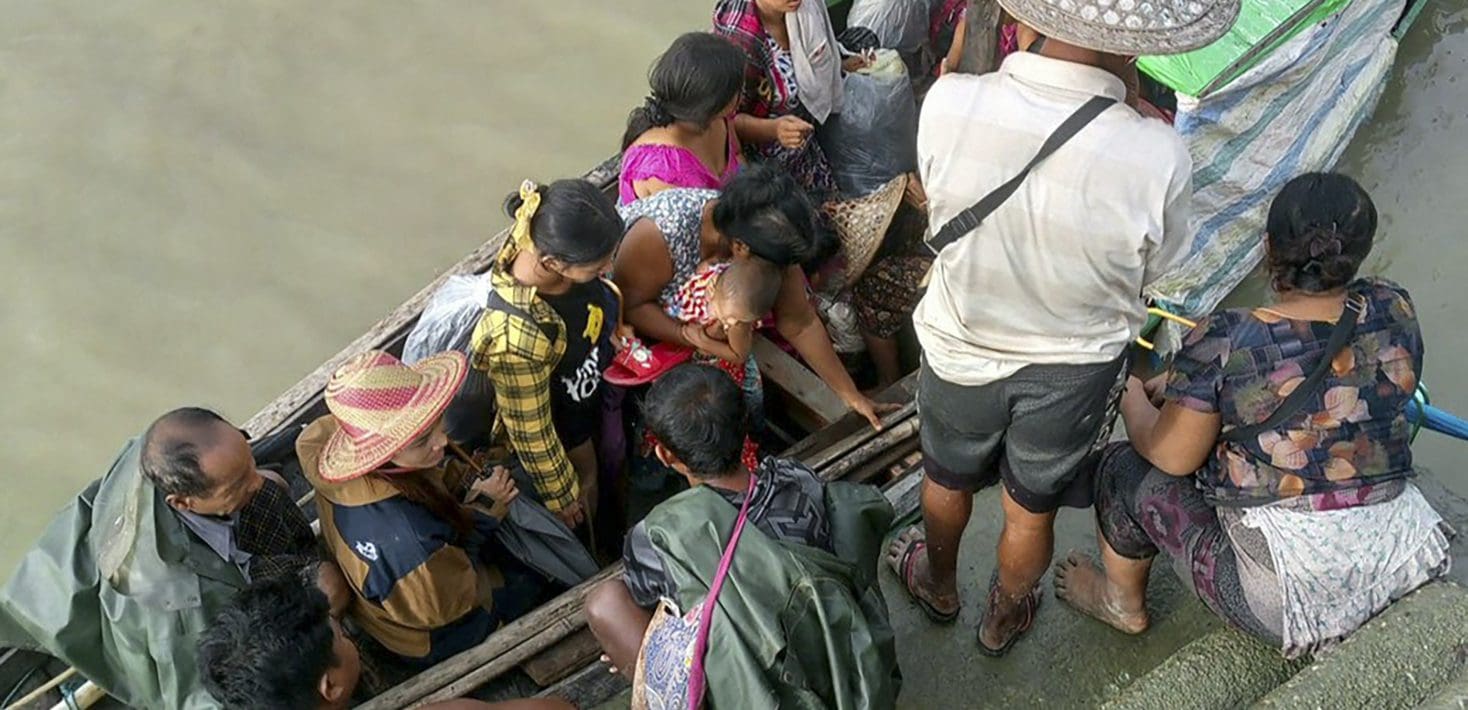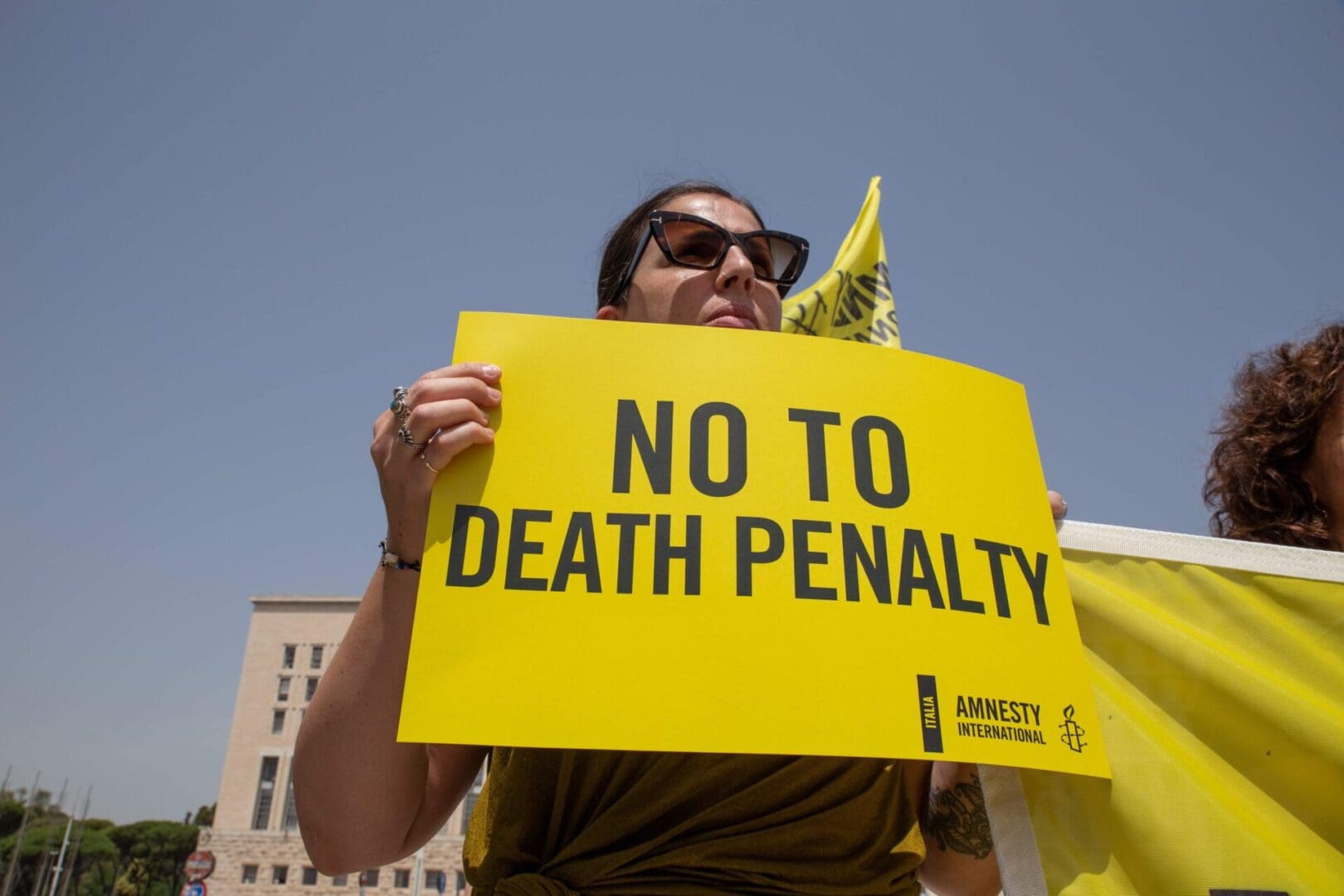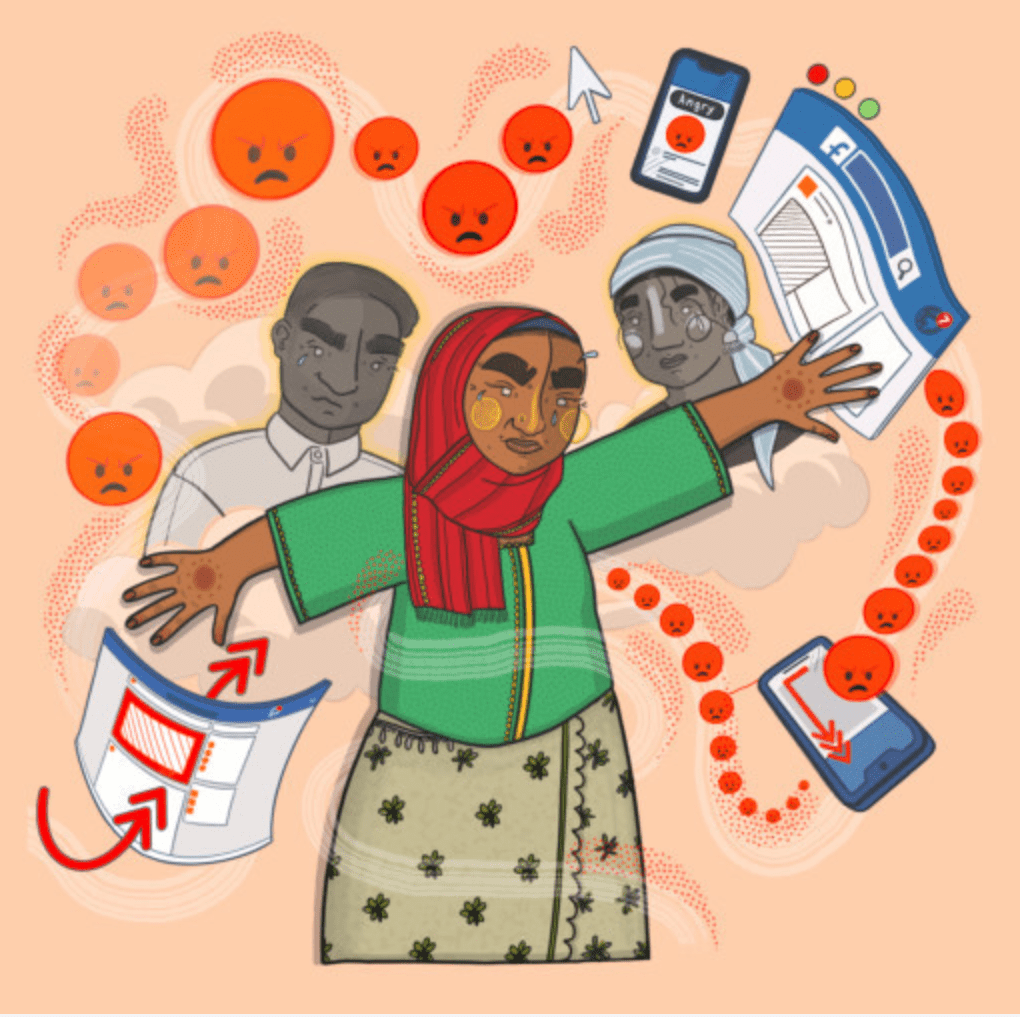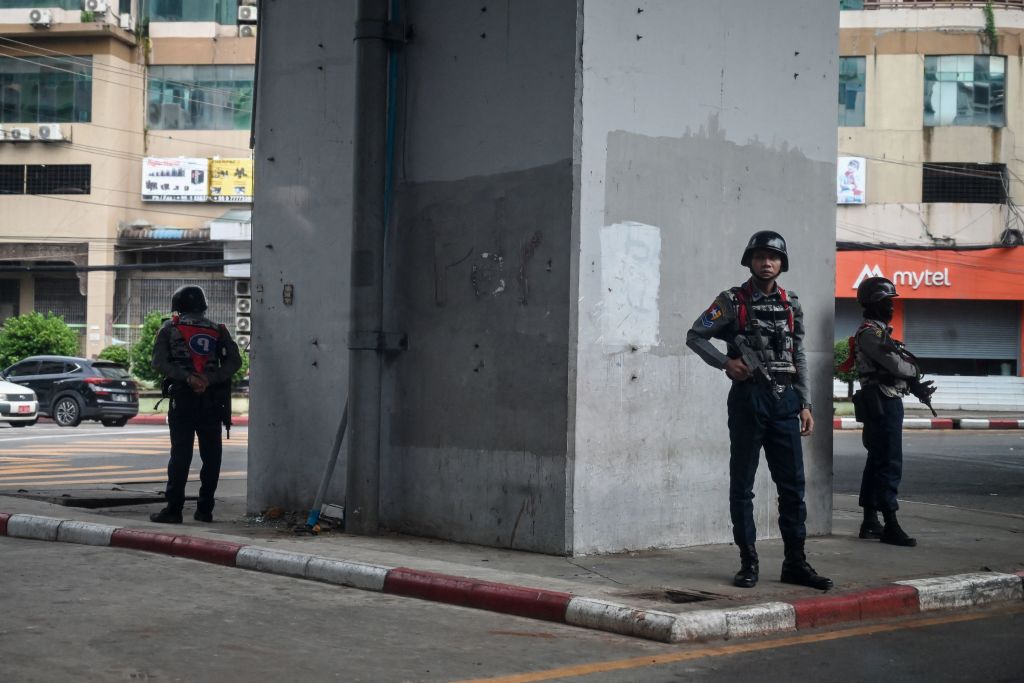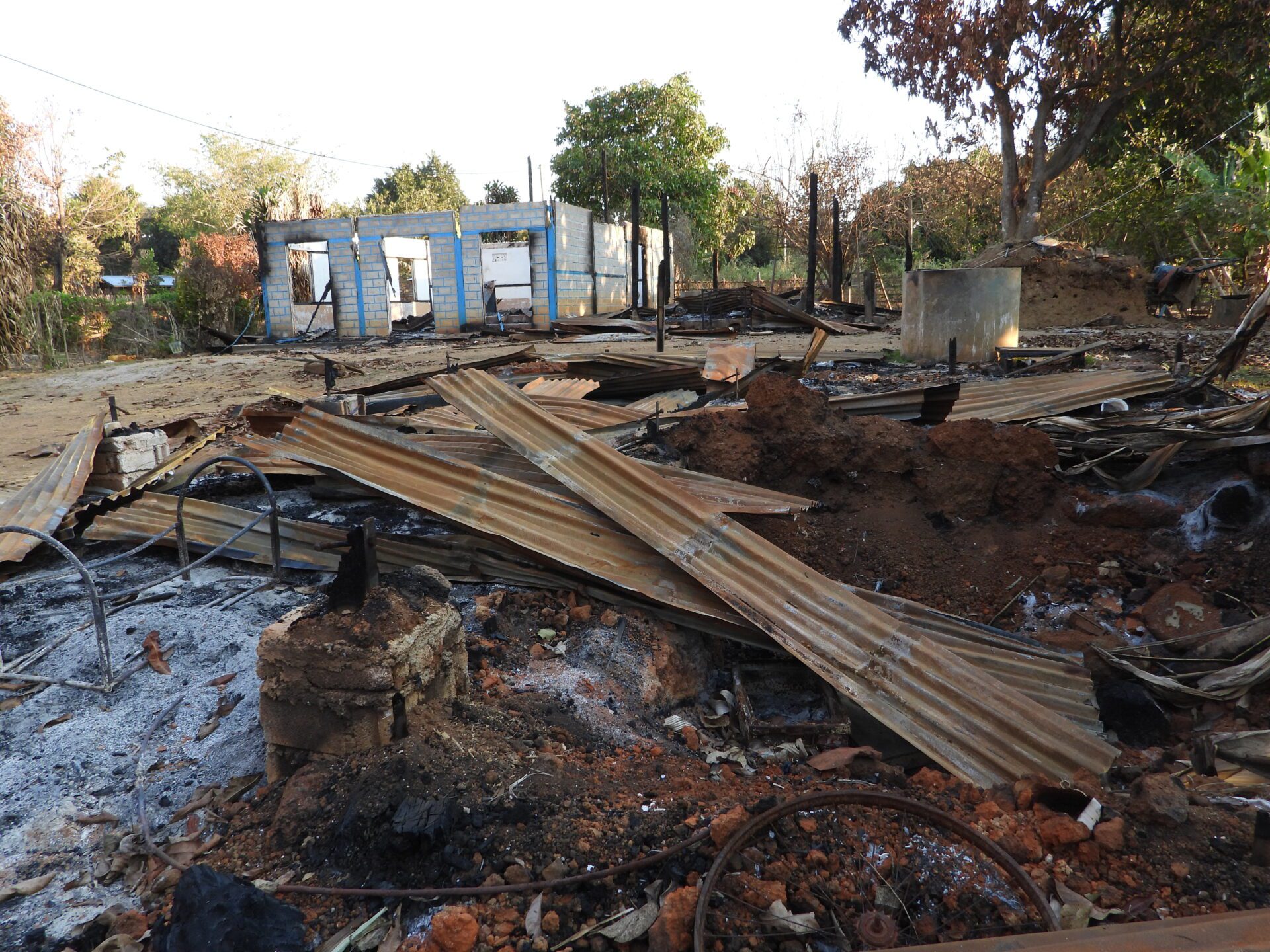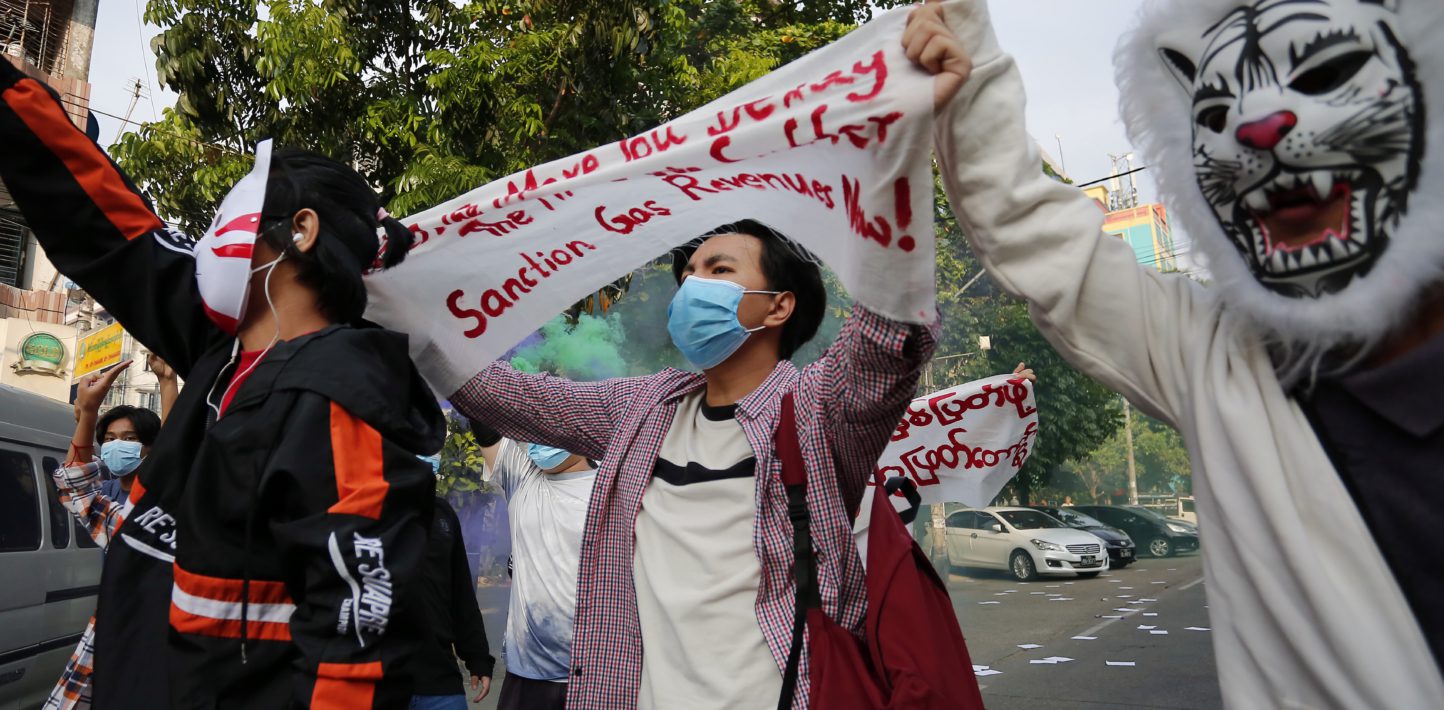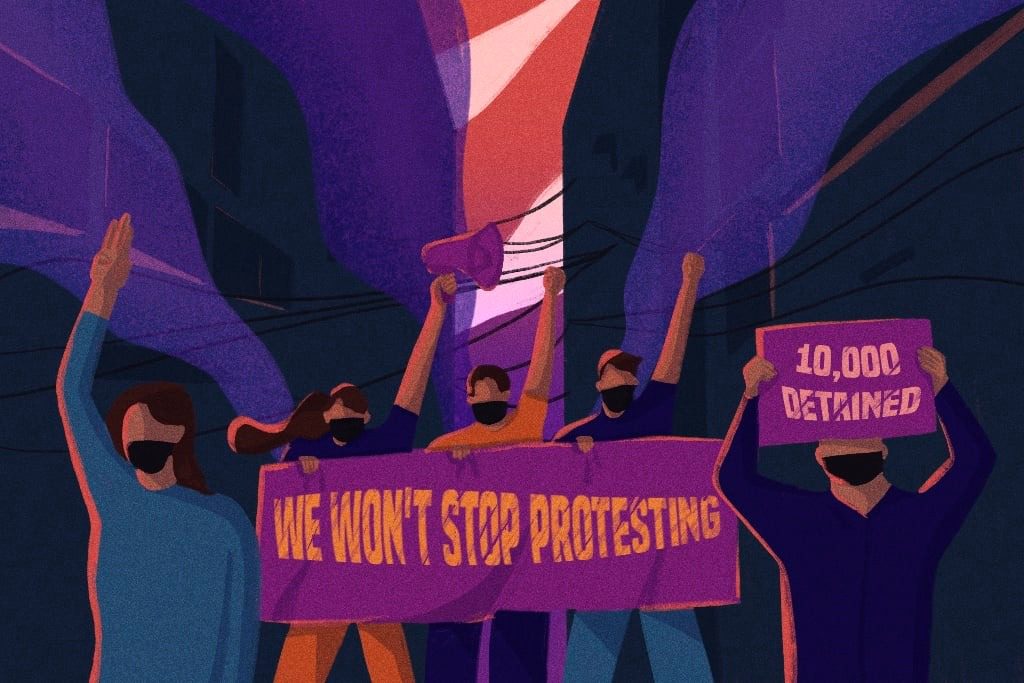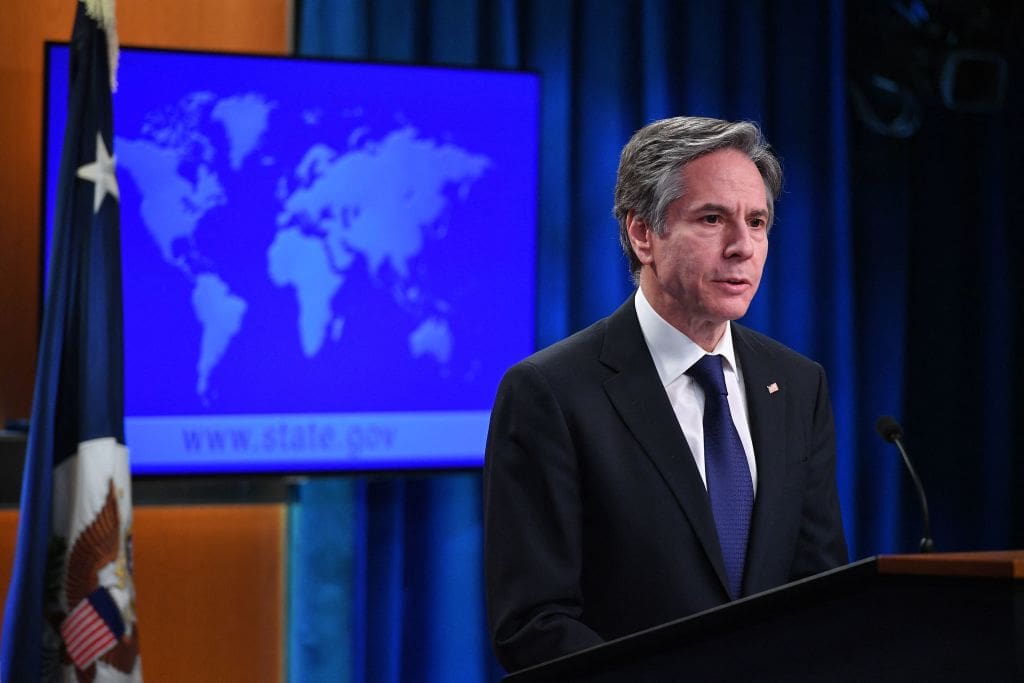Myanmar (Burma) Human Rights
THE CURRENT SITUATION
Myanmar is currently ruled by the military junta that seized power in a coup on February 1, 2021. The coup took place after elections in November 2020 in which the National League for Democracy (NLD) won by a landslide. The military had previously disparaged the results as “fake news” and challenged the results in court, to no avail. On the morning on which the newly elected Parliament was to meet, the military (Tatmadaw) arrested hundreds of parliamentarians, journalists, and human rights activists. Among those detained on that day were U Win Myint, President, and Aung San Suu Kyi, State Counsellor. They remain under arrest.
In the months following the coup, the people of Myanmar have staged peaceful protests throughout the country, as well as general strikes. They bang on pots and pans every evening in protest, and have adopted the three-finger salute popularized by “The Hunger Games” to show support for democracy.
The Tatmadaw has reacted to these peaceful protests with lethal force, recklessly firing both rubber bullets and live ammunition into crowds. In the first two months after the coup, over 200 people have been reported killed, and over 1,000 remain in detention.
* * * *
Myanmar Elections [2011 background]
The military rulers of Myanmar have jailed thousands of people in their continuing efforts to crush all dissenting views. Most prominent of those detained was Daw Aung San Suu Kyi, the Nobel Peace Prize laureate who was released on November 13, 2010 and has been the beacon of hope and change for nearly two decades in Myanmar, the Southeast Asian nation formerly known as Burma.
Many of Myanmar’s 55 million people live in poverty and suffer from ongoing human rights violations. Those who express dissenting views face harassment, arbitrary arrest, torture, imprisonment and sometimes even extrajudicial executions. Political prisoners probably number in the hundreds, maybe more. No transparent process has been carried out to determine the correct number. AI has called upon the UN to assist the government in convening a panel, including the National League for Democracy, to ensure that all political prisoners are identified.
Since May 2010 AI has also called on the UN to establish an international commission of inquiry into grave crimes in conflict zones including extra judicial killing, arbitrary detention, torture and forced labor on a large scale.
The Myanmar government declared a state of emergency in Rakhine State on June 10, following an outbreak of communal violence in the previous week among the Buddhist Rakhine, Muslim Rakhine, and Muslim Rohingya communities. It remains in effect in several areas.
Since then, Myanmar’s Border Security Force (nasaka), army and police have conducted massive sweeps in areas that are heavily populated by Rohingyas. Hundreds of mostly men and boys have been detained, nearly all held incommunicado, and some subjected to ill-treatment.
Most arrests appear to have been arbitrary and discriminatory, violating the rights to liberty and to freedom from discrimination on grounds of religion.
Political prisoners in Myanmar are still held under vague laws frequently used by the government to criminalize peaceful political dissent. They are being held in grim conditions, with inadequate food and sanitation. Many are in poor health and do not receive proper medical treatment. Many were tortured during their initial interrogation and detention, and still risk torture as a punishment at the hands of prison officers.
Read More
Human Rights Concerns
On August 19, 2007 protesters of the 88 Generation Movement took to the streets of Yangon, then Myanmar’s capital city, to peacefully protest overnight increases in gasoline prices by 66%, and compressed natural gas prices up five-fold. The huge rises in oil and gas prices have exacerbated living expenses, placing obstacles for many in the nation.
On August 21 and 22, demonstrators that were involved in organizing and participating in the August 19 protests were detained by government security forces, and had their homes searched without arrest or search warrants. In cities and townships nationwide, demonstrators who peacefully assembled, to express their dissent were continually and violently dispersed, beaten, and detained by both government security forces and its closely linked civilian organizations – Union Solidarity and Development Association (USDA) and Swan Arrshin.
It is believed that the demonstrators will be charged under Law 5/96, which allows up to 20-year prison sentences for anyone who is found guilty of expressing opinions which disrupt the stability of the state, or “undermine, belittle and make people misunderstand the functions being carried out by the National Convention.” Further, on September 7, individuals detained for other peaceful dissent not related to the one just mentioned, were tried in prison and handed life sentences. By no means were these trials held to international legal norms. It is feared that the same methods of trying individuals will be used in the latest crackdown and arrests.
Amnesty International is concerned that the vague and sweeping provisions of Law 5/96 criminalize the peaceful expression of political beliefs, and has called for its repeal. AI has called upon the government of Myanmar to uphold universal human rights standards enshrined in the Universal Declaration of Human Rights, especially those of freedom of expression, peaceful assembly, freedom from torture and ill-treatment, and fair trial. AI is also concerned that torture and other forms of ill treatment have been used to extract ficticious confessions that will be presented as evidence against the detainees. Detainees often do not receive immediate medical treatment, access to lawyers, family, and the courts. Myanmar currently has at least 1,158 political prisoners detained – one of the highest of such populations worldwide.

